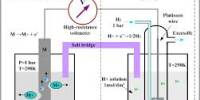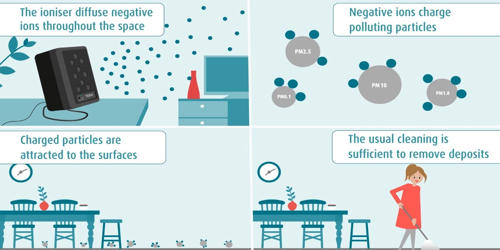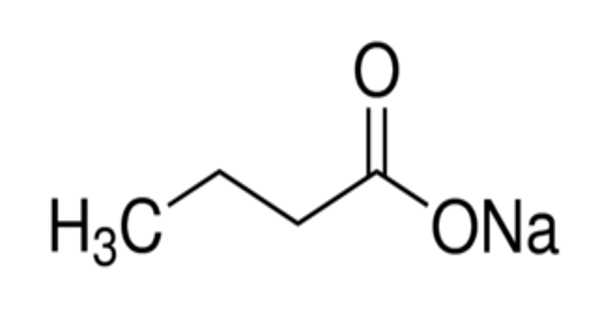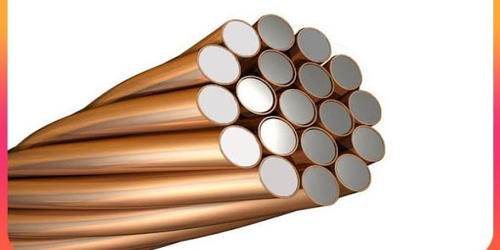Polymeric materials are widely used due to their diverse properties, low cost, and highly customizable manufacture. It refers to a surface that is coated, made with, or constructed of polymers. The science of polymer synthesis provides for precise control over the properties of a bulk polymer sample. Polymers are huge molecules made up of repeating components called monomers that can be found in a wide variety of natural and manufactured materials.
Surface interactions of polymer substrates, on the other hand, are an important field of research in biotechnology, nanotechnology, and all types of coating applications. In these circumstances, the surface properties of the polymer and material, as well as the ensuing forces between them, dictate the utility and dependability.
Polymeric surfaces are widely employed in a variety of applications due to their desired features such as flexibility, durability, chemical resistance, and ease of processing. Surface interactions, for example, regulate the body’s response to foreign material and hence biocompatibility in biomedical applications. Furthermore, surface science is an essential component of coating formulation, manufacture, and application.
Here are some examples of polymeric surfaces and their applications:
- Polymer Coatings: Many surfaces are polymer-coated to improve their qualities. For example, furniture may be treated with a polymer coating to make it stain-resistant and easy to clean. Polymers can be applied to automotive parts to improve corrosion and wear resistance.
- Polymer Films: To give specialized qualities, thin polymer films can be applied to surfaces. A transparent polymer film, for example, can be put on glass windows for UV protection or insulation.
- Polymeric Flooring: Polymers are used to make flooring materials such as vinyl, linoleum, and epoxy coatings. Because of their durability and ease of maintenance, these materials are employed in residential, commercial, and industrial contexts.
- Polymeric Membranes: In the field of water treatment, polymeric membranes are used to filter out impurities and separate components in various processes, such as reverse osmosis and ultrafiltration.
- Polymeric Surfaces in Medical Devices: Many medical devices have polymeric surfaces or coatings to ensure biocompatibility, ease of cleaning, and resistance to body fluids.
- Polymeric Coatings for Electronics: Electronic devices often have polymeric coatings to protect against moisture, dust, and environmental factors.
The polymer used and its specific qualities are determined by the intended use and the environment in which the polymeric surface will be used. Polymers may be modified to satisfy a variety of criteria, making them useful materials in a variety of sectors.
















